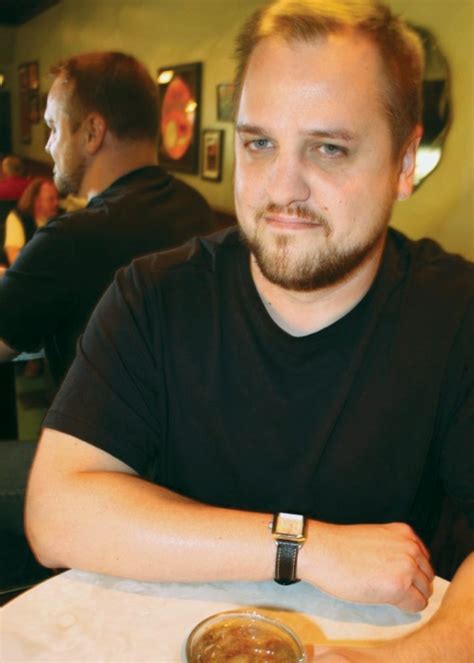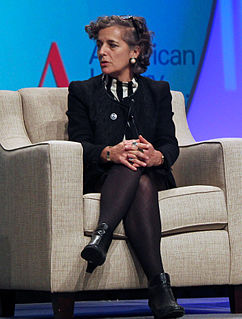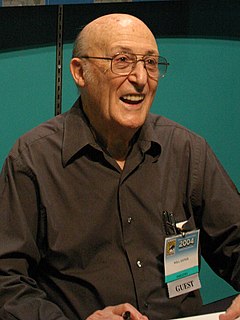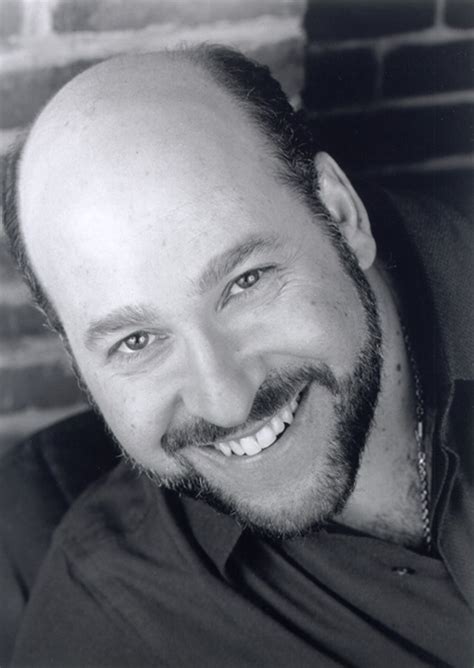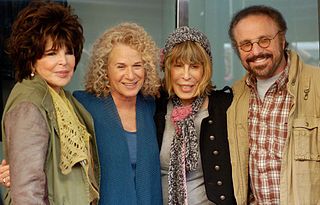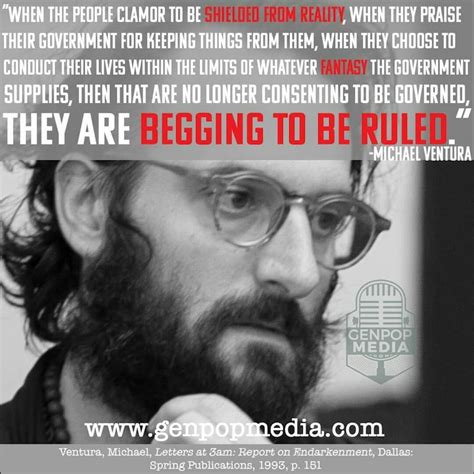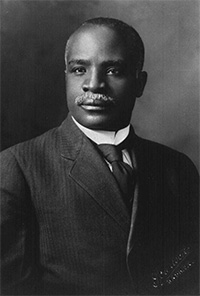A Quote by Marjorie Liu
Comics writing is for your artist. It's not for the general reader; it's for the artist. So I love writing scripts for artists.
Related Quotes
The artists catch what's in the air. It's not because the artist "felt like it" or is a guru who channels the truth of the universe in some opaque, abstract way, or even in a realistic painting. The comics artist is someone who has the humility to set himself up in public culture and to communicate with the reader. If your image doesn't make sense, it's your problem, and I shouldn't publish it.
Still,[...] in all forms of comics the sequential artist relies upon the tacit cooperation of the reader. This cooperation is based upon the convention of reading and the common cognitive disciplines. Indeed, it is this very voluntary cooperation, so unique to comics, that underlies the contract between artist and audience.
As an artist your first loyalty is to your art. Unless this is the case, you're going to be a second-rate artist. I don't mean there's never any overlap. You learn things in one area and bring them into another area. But giving a speech against racism is not the same as writing a novel. The object is very clear in the fight against racism; you have reasons why you're opposed to it. But when you're writing a novel, you don't want the reader to come out of it voting yes or no to some question. Life is more complicated than that. Reality simply consists of different points of view.
I was worried that I, the artist Morimura, would have conflicts with the participating artists and develop a strenuous relationship with them. But the actual experience was completely the opposite. The artists accepted my requests rather positively, because it came from a fellow artist. I strongly feel that the fact that my being an artist avoided the usual curator vs artist tension, and led to creating a positive atmosphere as well as developing a solidarity amongst artists and building a community for artists.
The longer I've been writing scripts, the more I find that you have to give the artist more leeway or else you'll just be disappointed. You can't force them to draw every image that's in your head. Since I'm a horrific artist, I wouldn't want them to anyway. So I definitely give them a lot more leeway now than I did at the beginning.
When you write comic books and when you are writing for television, you're not writing the end product, you are writing notes for someone else to make the end product essentially. My scripts are just directions for the artist to draw pages and the pages are what is seen. I kind of feel like it's a safety net, you're able to hide behind the art to a certain extent, and in television you're able to hide behind the actors and the production, but with novels, your words are it
Artists love other artists. Shadow artists are gravitating to their rightful tribe but cannot yet claim their birthright. Very often audacity, not talent, makes one person an artist and another a shadow artist-hiding in the shadows, afraid to step out and expose the dream to the light, fearful that it will disintegrate to the touch.


